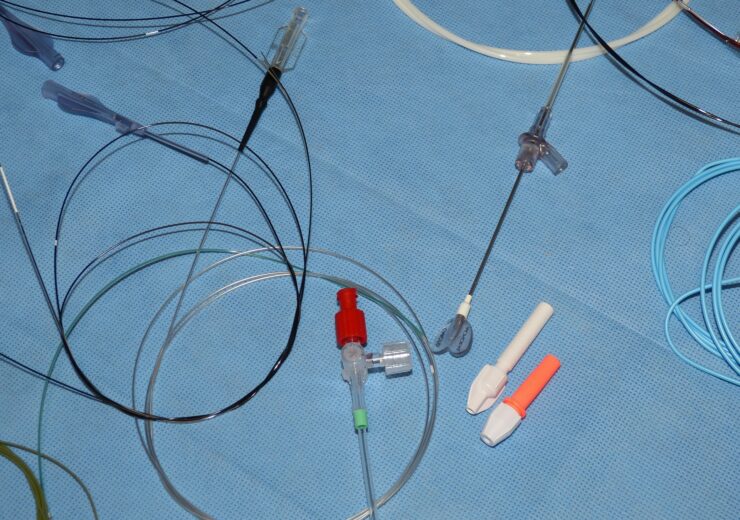Shockwave C2+ IVL Catheter is now available commercially for the treatment of de novo coronary artery disease in Europe and some other geographies

Shockwave C2+ IVL Catheter is now commercially available in Europe and select other geographies. (Credit: falco from Pixabay)
Shockwave Medical has commercially launched the Shockwave C2+ Coronary Intravascular Lithotripsy (IVL) Catheter for the treatment of severely calcified coronary artery disease in certain global markets.
Shockwave C2+ has been designed for the treatment of longer calcified lesions and more challenging eccentric and nodular calcium. It is said to offer 50% more pulses per catheter than the Shockwave C2 version.
Shockwave Medical said that Shockwave C2+ IVL Catheter is now available commercially for the treatment of de novo coronary artery disease in Europe and certain other geographies.
The US-based cardiovascular medical device company has also reported the first patient enrolment in the EMPOWER CAD study.
EMPOWER CAD is claimed as the first prospective, all-female study of percutaneous coronary intervention.
The goal of the study is to validate the benefits of coronary IVL in female patients having calcified lesions, who previously had less favourable clinical results than male patients with conventional therapies.
EMPOWER CAD co-principal investigator Margaret McEntegart said: “We are excited to initiate enrolment of the EMPOWER CAD study, the first prospective clinical study in the interventional space that is completely dedicated to female patients.
“This is a major step towards better understanding the optimal strategy for calcium modification in female patients, an under-represented patient population who frequently are more challenging to treat and often experience suboptimal outcomes.”
The first patient was recruited at the St. Francis Hospital in Roslyn, New York.
Shockwave Medical is engaged in the production and commercialisation of products to transform cardiovascular disease treatment.
In January this year, the Nasdaq-listed firm agreed to acquire speciality medical device company Neovasc to gain access to the latter’s Neovasc Reducer System, which is intended for the treatment of refractory angina.
